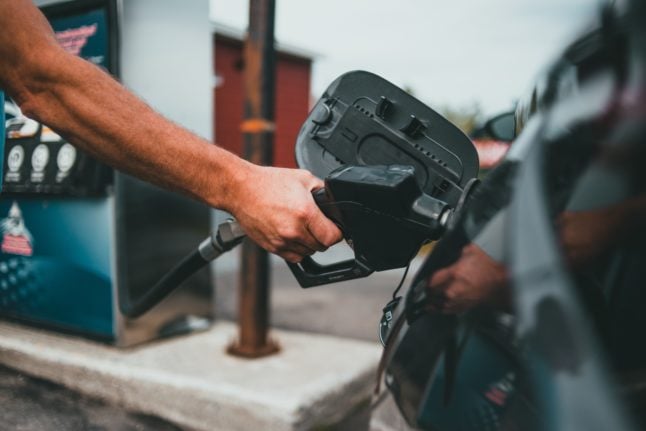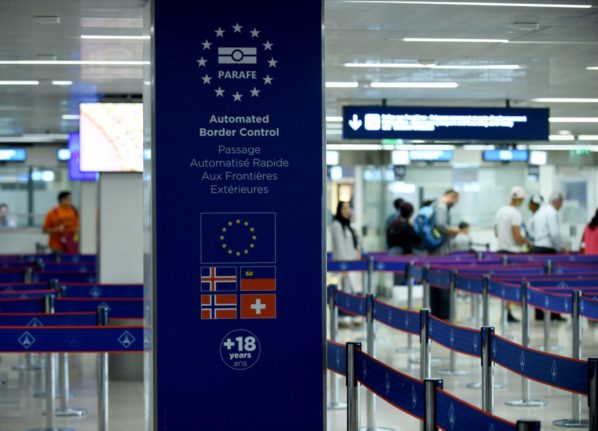Among many of the common items to be hit with inflation over the past few months, perhaps the most painful has been the cost of petrol.
While drivers are all to aware of the price hike when they visit the pump, even people without cars have been hit due to the flow on effect of increases in the cost of petrol.
To soften the blow, the German government has put in place a temporary reduction in tax on petrol and diesel across the country.
Petrol costs will fall by around 30 cents per litre – or as much as 35 cents including VAT – while diesel costs have been slashed by 17 cents per litre.
Can Swiss drivers cross into Germany and fill up?
Yes. Germany will not charge foreign drivers different amounts, meaning everyone can benefit from the tax cut.
Some countries, like Hungary, have restricted fuel discounts only to locals, however Germany has declined to do so.
German automobile club ADAC expects a significant increase in Swiss customers for German petrol stations.
READ MORE: Where in Switzerland can you find the cheapest fuel?
Is a similar plan being considered in Switzerland?
Some Swiss petrol stations have complained about the German government’s decision, saying they fear significant losses if customers decide to cross the border and fill up.
A similar decision by the Italian government saw drivers flock over the border, with fuel companies in the southern canton of Ticino saying they saw a 35 percent drop in customers.
The Swiss government is currently considering a tax cut. The issue will be debated in mid-June, with the populist Swiss People’s Party advocating for a cut in costs.
National Councillor Franz Grüter said the government should do more to release the pressure.
“The pressure is enormous, I know people who turn off the gas pump because they don’t know how to pay for the gas. The federal government collects hundreds of millions of francs in additional taxes because fuel prices are so high.”
20min.ch/story/deutschland-senkt-spritsteuern-jetzt-droht-chaos-bei-tanktouristen-ansturm-413269357129
If implemented however, the impact of such a change would be less significant than in Germany, as Switzerland already has comparatively low tax on fuel.
Only Austria has lower fuel taxes than Switzerland (among Switzerland’s neighbours).
Fuel in Switzerland: Why are Germans crossing the border to fill up?



 Please whitelist us to continue reading.
Please whitelist us to continue reading.
Member comments